Your roof is the one part of your house you can’t protect from the elements, so it’s important to know how the weather will affect it when it’s protecting your house and belongings. If you have damage to your roof, it could lead to problems inside your house, such as water damage or even structural issues, so being aware of potential stressors is key. First up, let’s consider warmer weather and the way it can affect a roof, as many people assume it’s only extreme weather that could cause damage.
Depending on the material used, the UV rays of the sun could cause it to crack and curl over time. This is because the UV removes the essential oils in the roofing material. While the damage isn’t significant, it could weaken the roof, making it more susceptible to other stressors, so it will need repairing or replacing sooner. Most companies now use better materials that can cope with the effects of the rays, but if you have an older roof, it could be an issue. High heat can also affect the condition of your roof. High temperatures cause swelling and contracting of your roof materials, so if this happens continually, it can cause cracks to appear. Continuing exposure to extreme heat could ‘cook’ your roof tiles and cause them to weaken.
Cold Weather Stress on Your Roof
Now let’s consider cold weather events and how your roof stands up to them. Sustained cold temperatures can bring the same issue as continued heat in that it will cause the materials on your roof to contract, then swell once the temperature improves. If this happens too quickly, it could cause tiles to loosen.
We’ll now consider wind. You’re probably thinking of a large storm that could damage your roof with high winds and flying debris. Of course, this is a danger, but slower day-to-day winds could cause damage to your roof too. Wind is unique in terms of weather in that it can vary in strength without much warning and can approach your roof from all angles. This means if you have a loose tile, wind could get underneath and knock it off the roof completely. Wind could also damage or knock off your gutters. If you have any cracks, wind will find its way into them. This could cause the cracks to widen, weakening the roof. It will also lower the temperature in the house, and without the insulation of an undamaged roof, you’ll have trouble heating your home.
Next up, let’s look into everyone’s least favorite weather, rain. Rain is unlikely to cause damage on its own unless it’s heavy and goes on for days without end. If you already have cracks or damage, though, rain will work its way through them. This will cause water damage inside your home, which can cause serious structural damage if not spotted in time. If your roof is not having time to dry in between rainfall, this could give mold a chance to grow. This can weaken the roof and impact your health if it makes its way past the roof. If you live somewhere with high annual rainfall, this is one you need to be aware of.
Hail is another one to consider, but unlike rain, any damage will be easy to spot straight after a hailstorm. Depending on the size of the hail and how long it goes on, it could knock off tiles and even cause cracks.
Finally, let’s talk about snow. We all like it for a day, but then once it comes to shoveling or slipping over on it, we get tired of it pretty quickly. Well, your roof also probably doesn’t like it. Snow brings the same risks as rain because once it melts, it can work into existing damage and cause water damage in your home. As snow builds up on your roof, it also brings a risk because of the added weight. Your roof isn’t designed to hold a lot of weight, so if snow keeps falling and building up on it, and freezing into ice which adds more weight, it could cause structural damage or even cause the roof to collapse.
You may not have to worry about all of these weather events often, but if you live somewhere with changeable weather, it’s important to know the potential damage weather can cause to your roof.
For homeowners in villages and cities in Wisconsin, staying informed is the first step to protecting your home. Whether you're dealing with roof repair in Whitefish Bay
, need a trusted roofer in Greendale
, or are considering residential roofing in Pewaukee
or a roofing installation in Oak Creek
, recognising potential risks and addressing them promptly will help keep your roof in top shape for years to come.
How to Protect Your Roofing
You’ll be pleased to know there are ways to mitigate the effects of weather on your roof. First of all, it’s best to be prepared for the worst-case scenario, so you should ensure you have good insurance and know what weather events it covers. Most insurance providers cover storm damage, but for general wear and tear, you usually must prove that you’ve carried out proper maintenance on the surface. This brings us onto the best way to protect your roof and home—regular checks by a roofing contractor. These are skilled workers who know how to spot small damage that has the potential to grow and will make sure your roof is sealed well to protect against water getting into your home. It’s best to schedule these checks twice a year, and we’d recommend extra ones if you have a particularly big storm to make sure there was no damage too small for you to see.
If you live somewhere with regular storms, you should also make sure to keep trees and bushes trimmed down during storm season. This helps reduce the risk of branches coming loose and flying into your roof.
Choosing a trusted company that uses the best materials also gives your roof the best chance of making it through weather events unscathed. Ensure you get quality roofing service and save money by partnering with experts like Four Leaf Roofing & Windows. With a reputation built on proven materials and a track record of excellent customer satisfaction, we’re here to help protect your home for years to come. Request an estimate from our friendly team here.
Frequently Asked Questions
Let’s sum up what we’ve learned here by going over some common questions.
How does weather affect roofing?
Your roof has no protection against weather, which means it has the potential to damage it. Both hot and cold weather events could affect your roof by causing cracks or loosening tiles.
How does rain affect roofing?
Rain is unlikely to cause damage on its own, but it can leak through cracks in your roof and cause water damage in the house. It could also cause mold to grow, which is a health risk and would weaken your roof materials.
How weather may affect the roof in summer?
Some older materials can be dried out and damaged by UV rays. Continual heat can cause the tiles to swell and shrink, which can cause loosening if it happens often.
What damages roofs the most?
Storms have the potential to cause large visible damage, while rain could cause damage that’s harder to see until it’s caused a lot of problems.

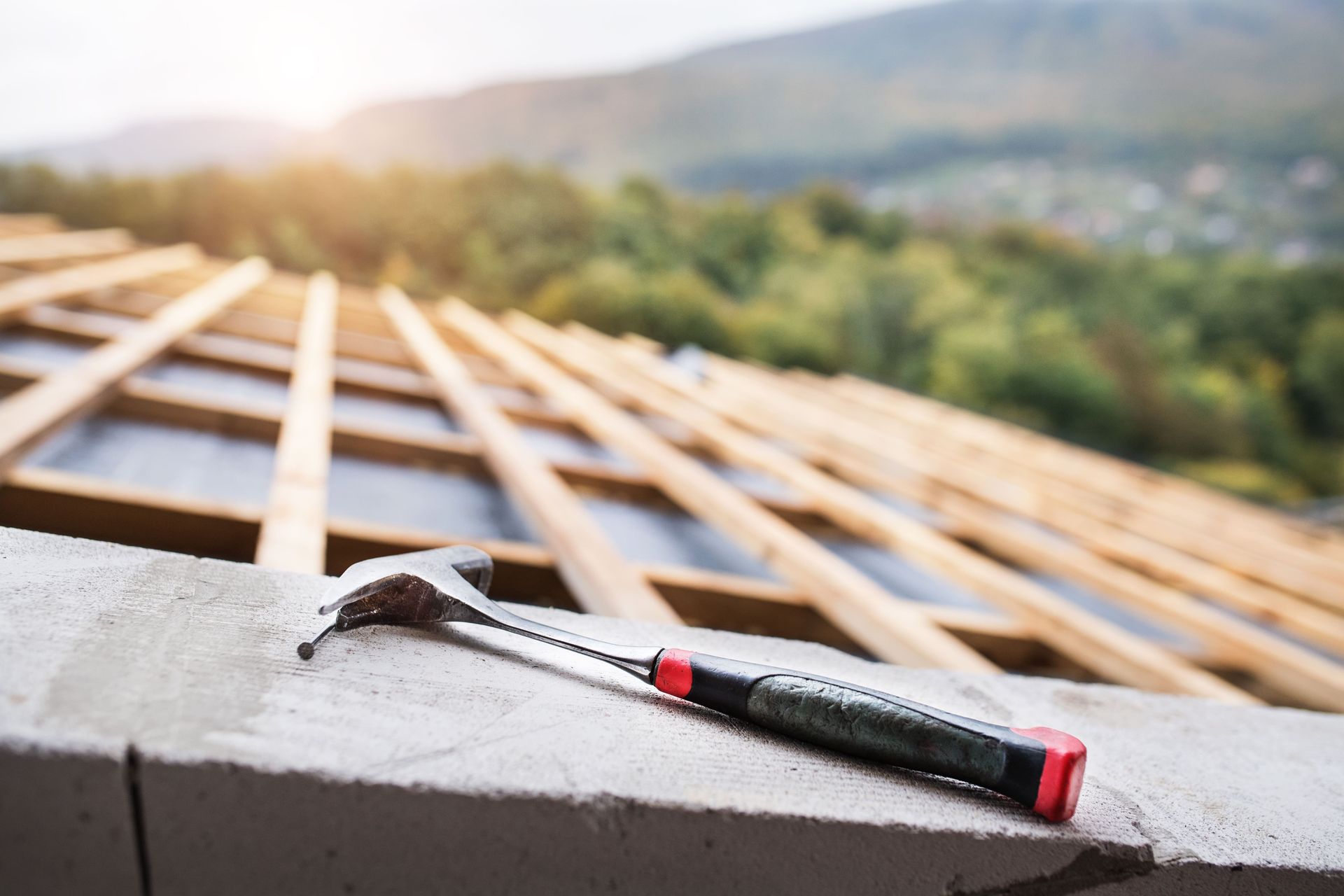
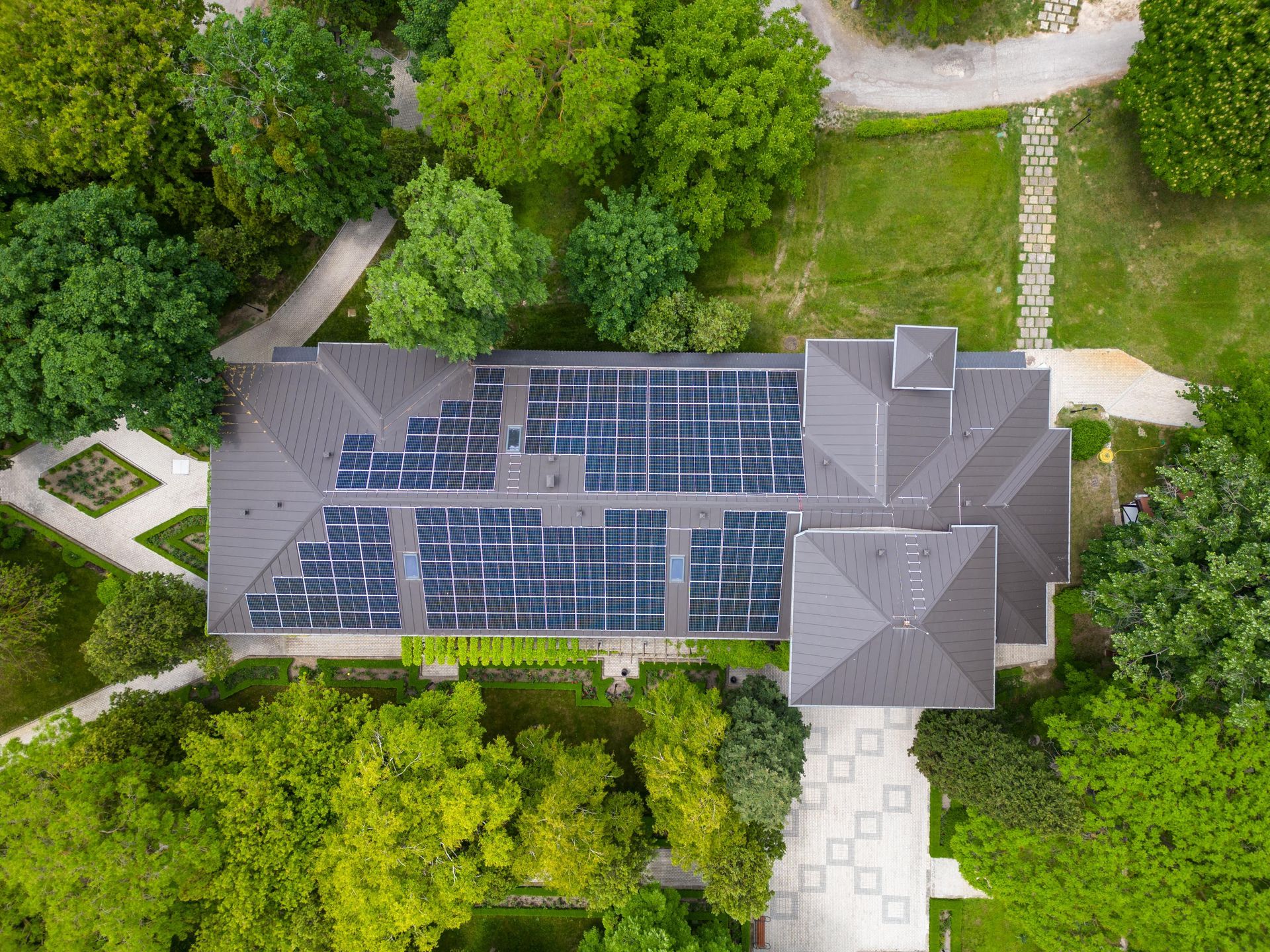
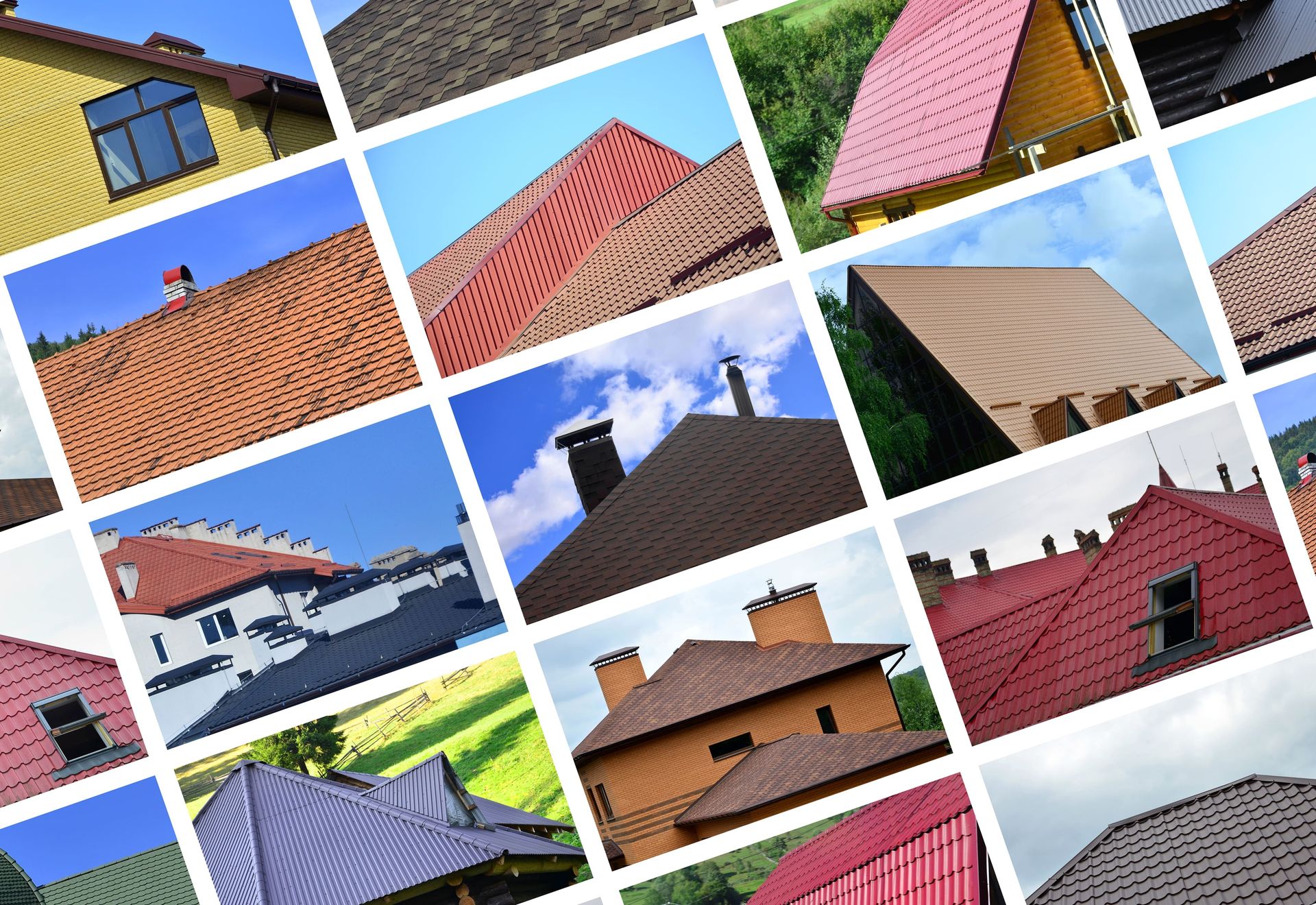
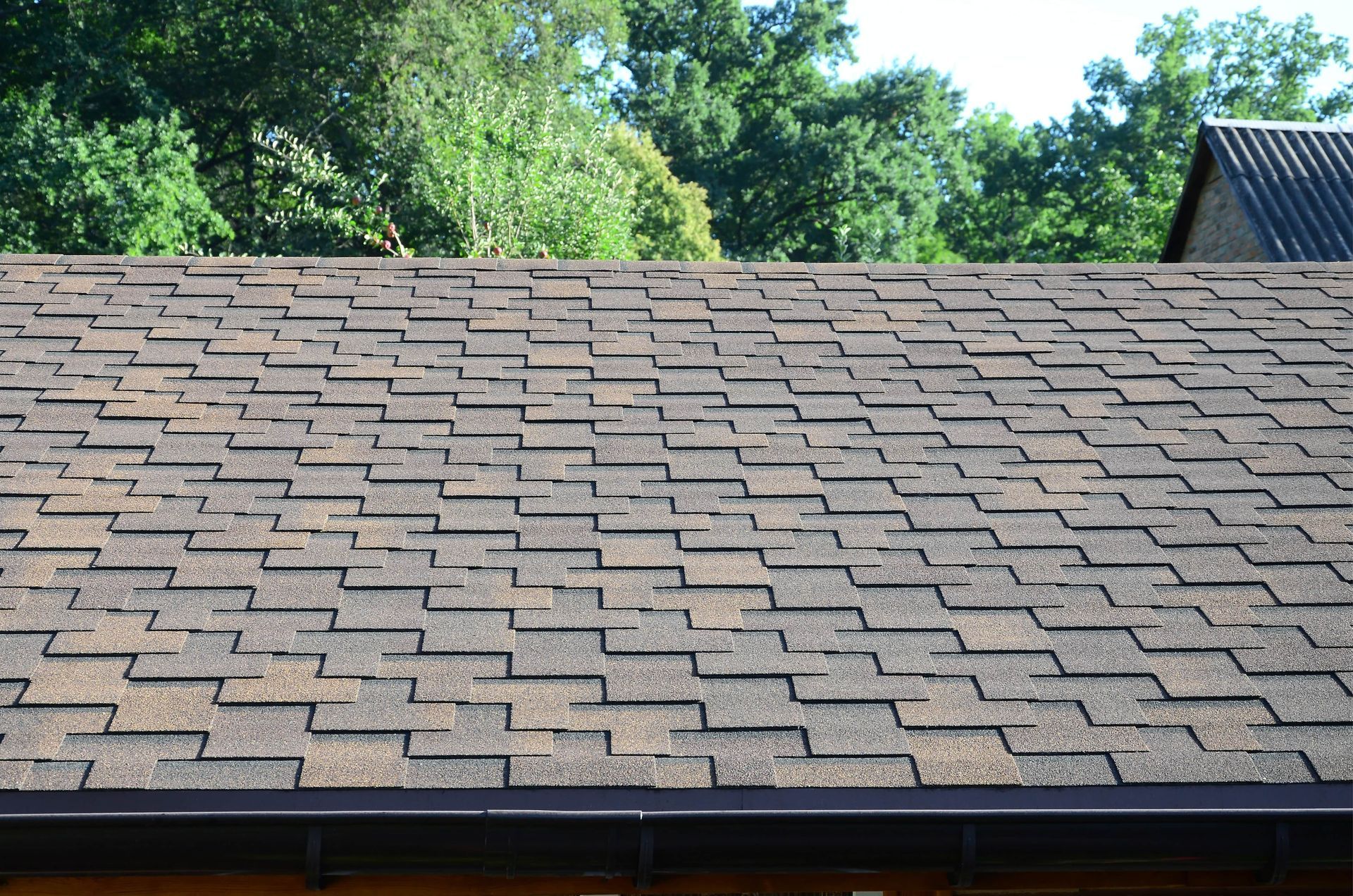
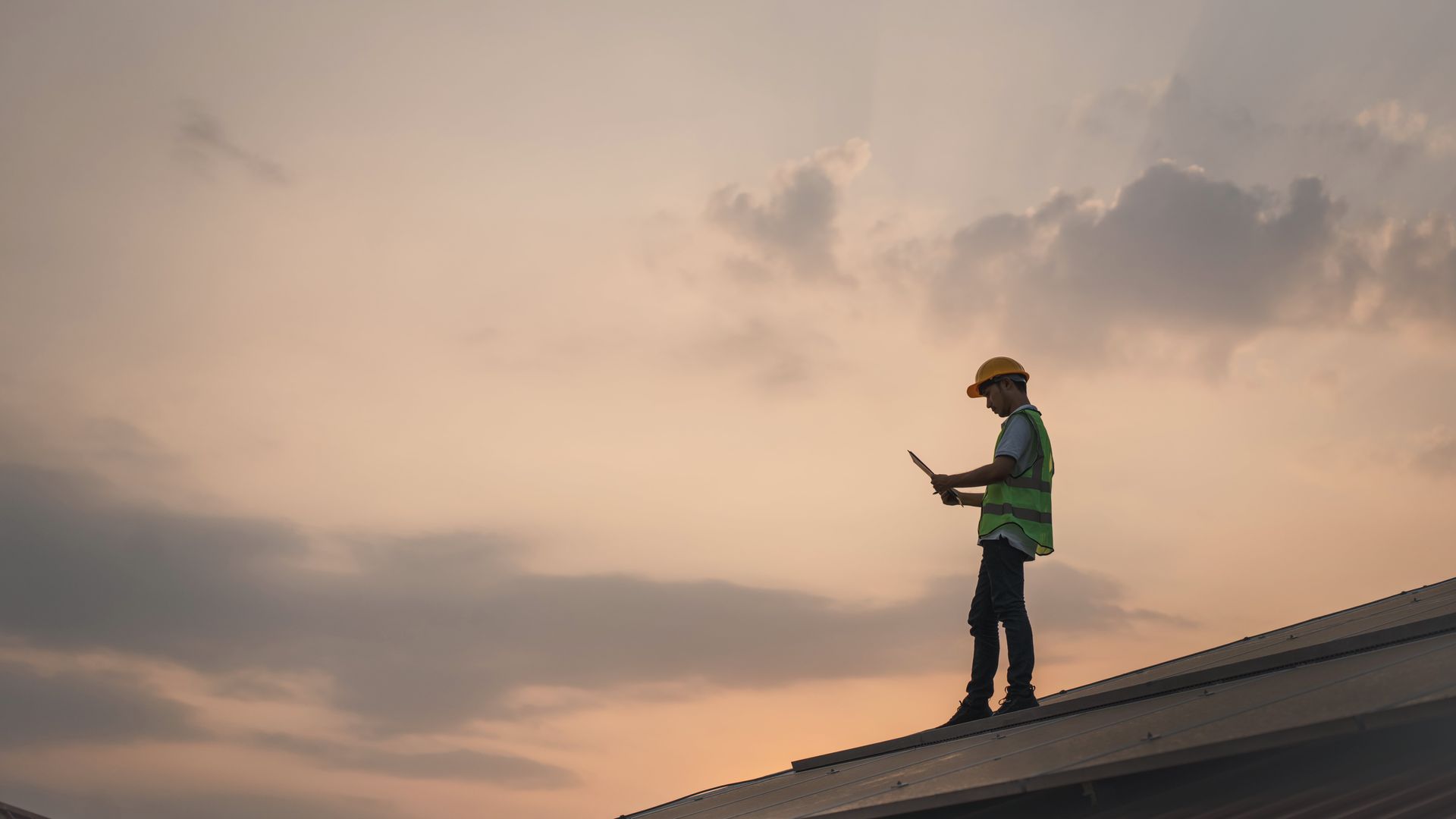

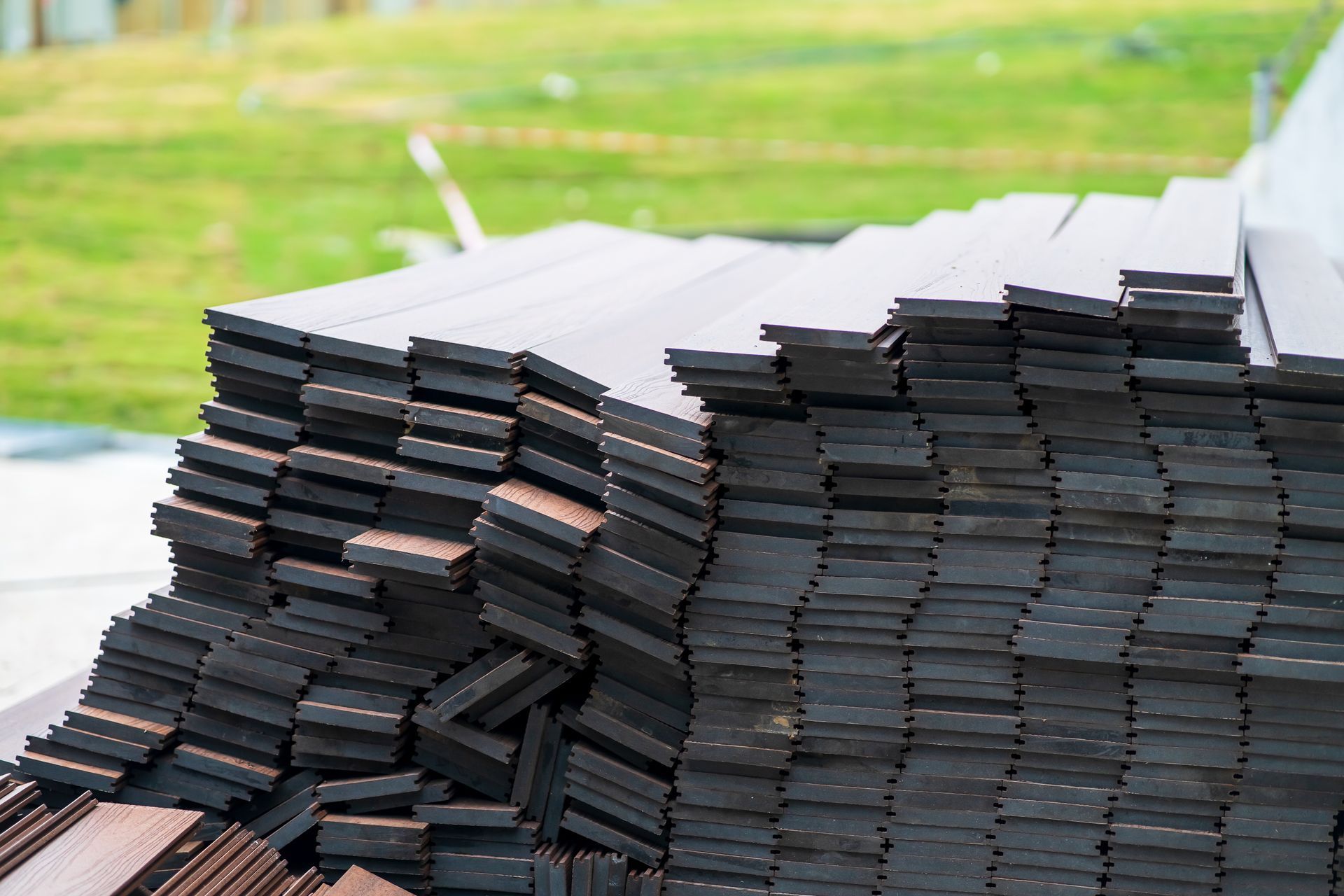
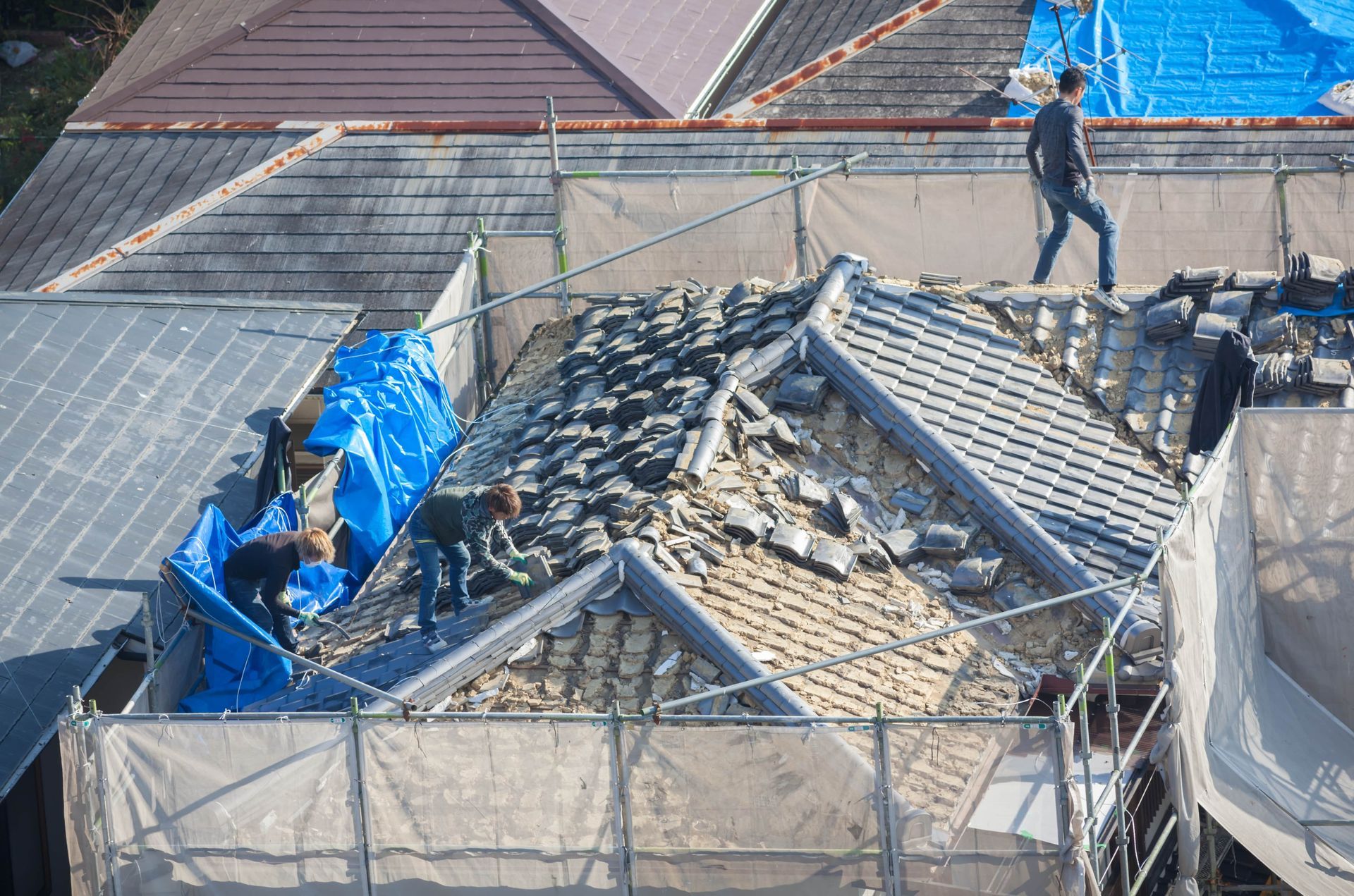

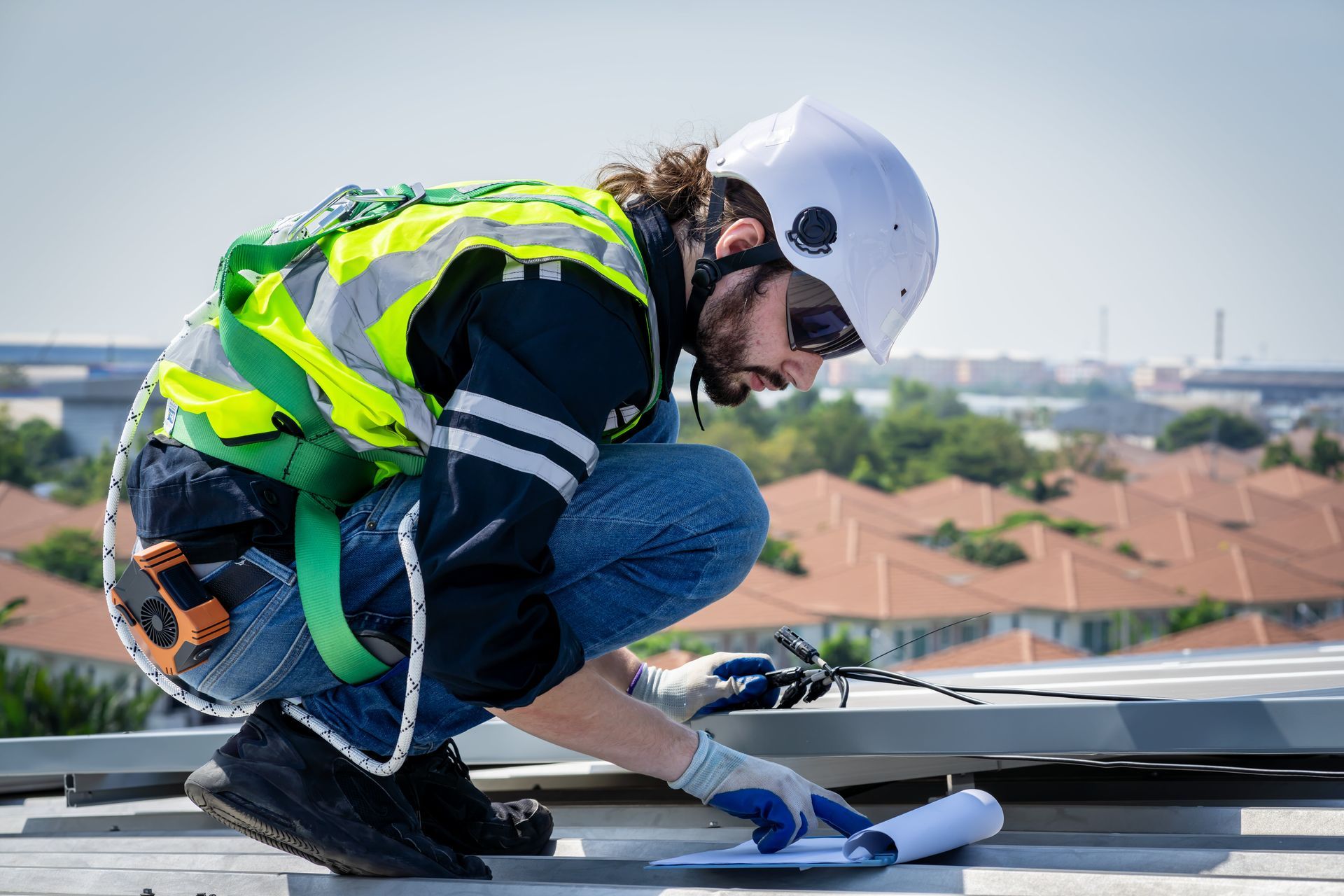
Share On: